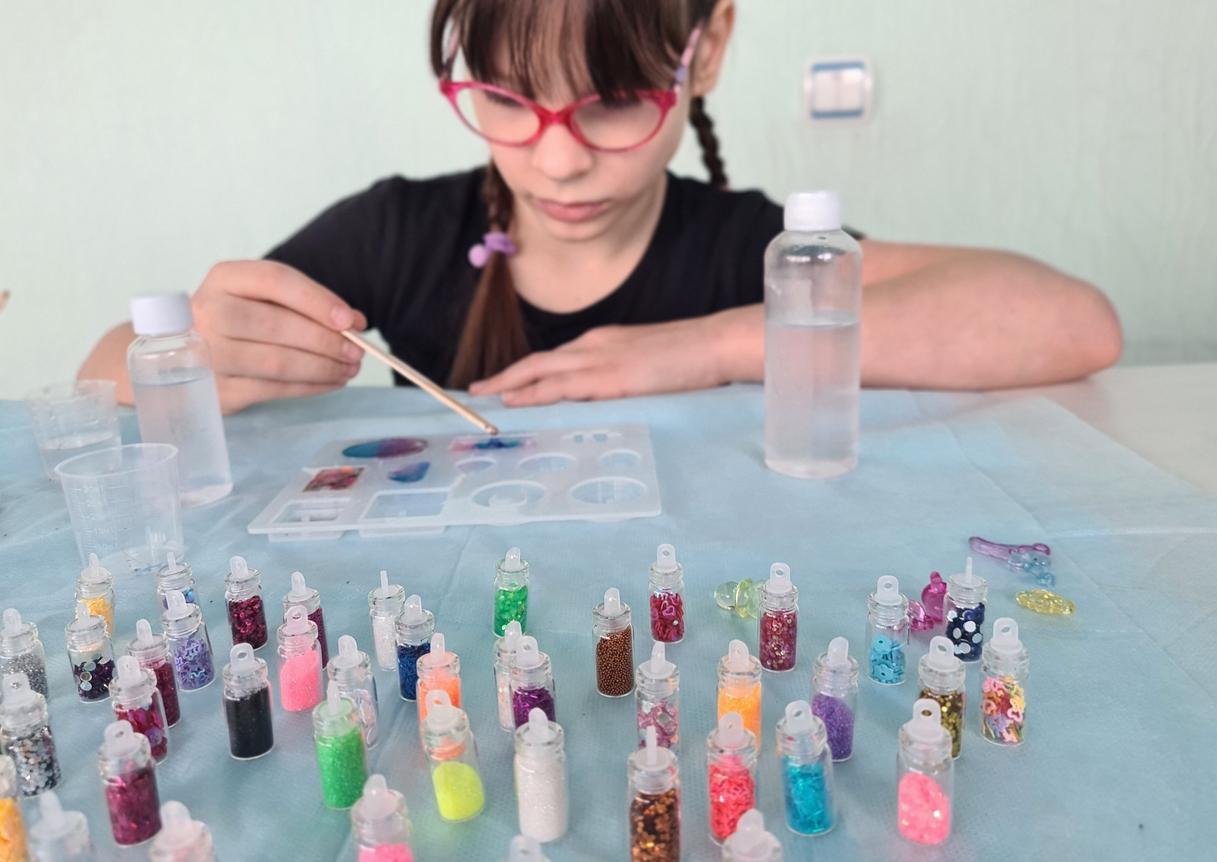In France, it takes an average of two months to get an appointment with a specialist.

For those who suffer from allergies, teleconsultation is a good option, according to a new study. In particular, this makes it possible to reduce the time for visits to allergists, which are often long to obtain. “Even when a consultation with a specialist is ultimately necessary, a prior online teleconsultation provides valuable information about the patient – history, diagnosis, previous treatments – which can make the appointment with the allergist more productive,” note the authors. study authors.
Waiting time has been reduced by 21 days
Their conclusions are based on the analysis of 300 teleconsultations made in 2016 and 2018. 60% resulted in a consultation with the allergist. Two-thirds involved patients with potentially allergic reactions to drugs, mostly antibiotics like penicillin. Thanks to this system, the waiting time to consult an allergist has been reduced by 21 days.
For Jason H. Wasfy, co-author of the study: “Teleconsultations have become an essential tool. They increase patient satisfaction, since we always give them the choice between online consultations and real consultations. They also improve quality of care and reduce costs”.
Teleconsultations are struggling to seduce in France
Reimbursed since September, teleconsultations are struggling to seduce in France. In eight months, 11,500 remote consultations have been carried out, while the government announced a target of 500,000 for 2019. However, the waiting time for an appointment with a specialist has increased by an average of 13 days since 2012, increasing to more than two months.
Nearly 30% of the world’s population today suffer from allergies (respiratory, food, skin, etc.) compared to 3.8% in 1968. In France, the number of people suffering from an allergy has doubled in 20 years. Food allergies in children and adolescents are particularly important.

.















